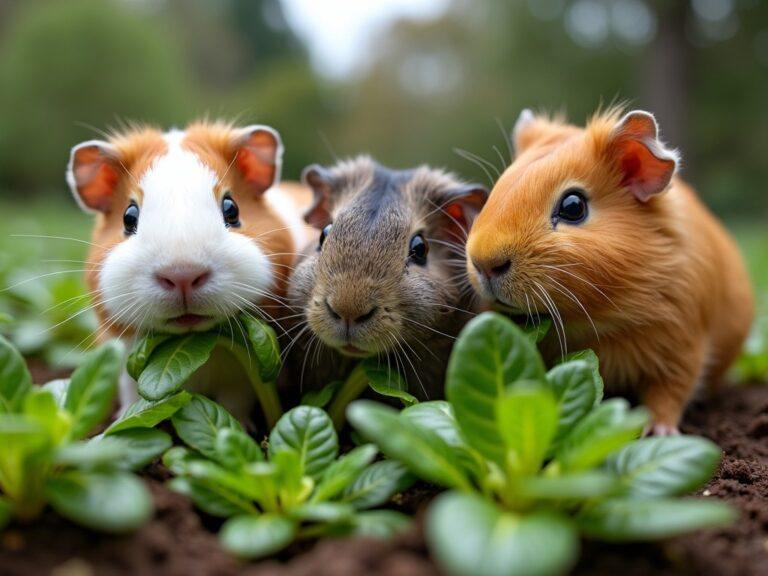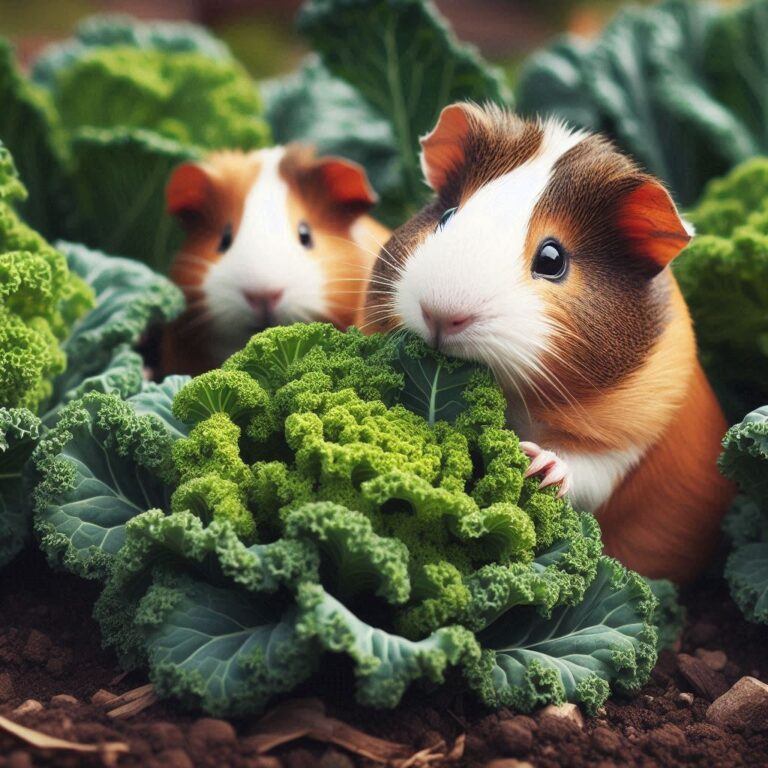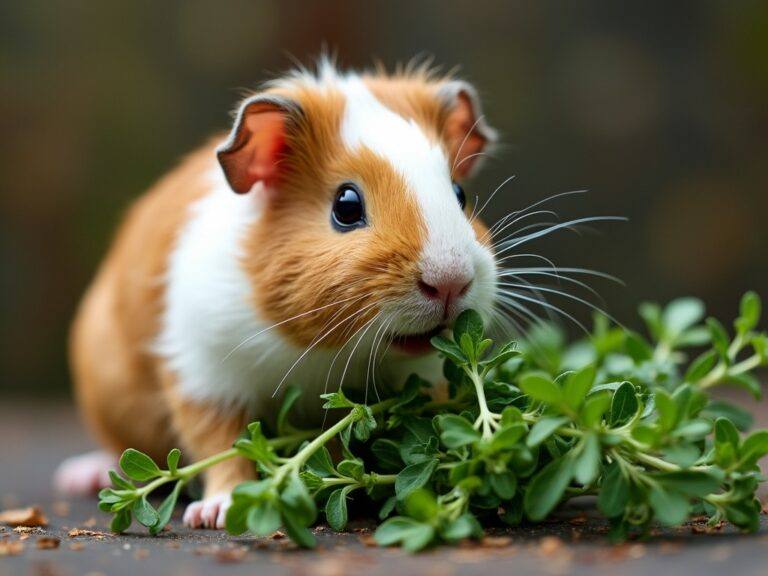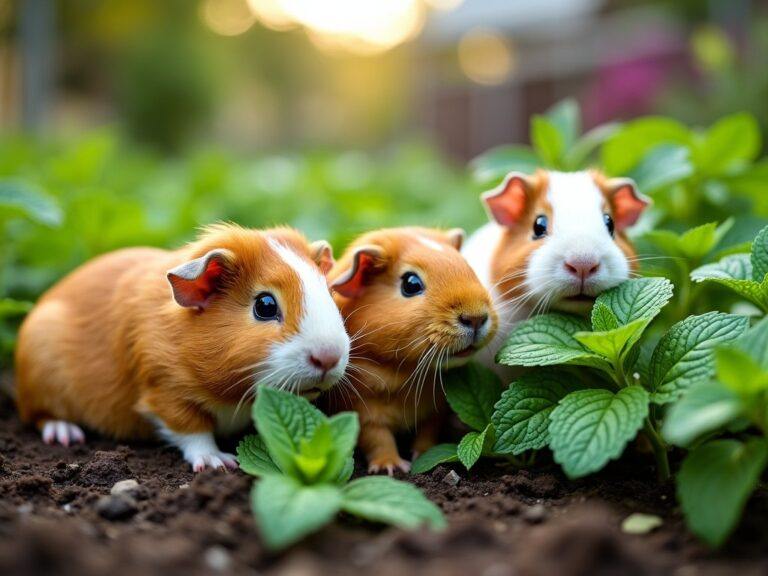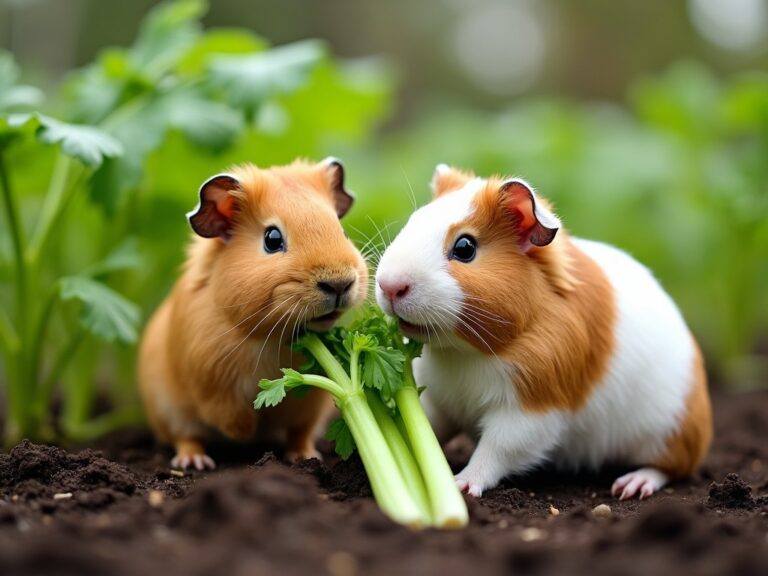Can Guinea Pigs Safely Eat Avocados
No, guinea pigs should not eat avocados. The primary reason is that avocados contain a substance called persin, which is toxic to many animals, including guinea pigs. Even small amounts can cause serious health issues.
Additionally, the high-fat content in avocados is not suitable for their delicate digestive systems, which can lead to obesity and other health problems.
Avocados are celebrated for their healthy fats and nutrients, but what’s good for us isn’t always good for our furry friends.
Persin is found in the leaves, skin, and pit of the avocado, and even the flesh we typically eat can contain traces.
This toxin can lead to respiratory issues, fluid accumulation around the heart, and in severe cases, sudden death for guinea pigs.
Overweight guinea pigs face increased risks of heart disease, liver problems, and joint issues. Given their small size and unique dietary needs, even a small slice of avocado could tip the scales.
It’s always better to stick to foods specifically known to be safe and beneficial for them, like fresh vegetables and specific fruits in moderation.
Guinea pigs thrive on a diet rich in fiber, primarily from hay, pellets, fresh vegetables, and a limited amount of fruits.
Always prioritize their health by providing foods that meet their nutritional requirements without introducing unnecessary risks.
Understanding the Nutritional Needs of Guinea Pigs
Guinea pigs have specific dietary needs that are crucial for their well-being. Their diet should be rich in fiber, low in fat, and well-balanced to ensure they get the necessary nutrients.
The foundation of their diet is typically fresh hay, which aids in digestion and keeps their teeth healthy by providing constant wear.
Fresh vegetables should also be a significant part of their daily diet. Vegetables like bell peppers, cucumbers, and leafy greens provide essential vitamins and minerals. It’s important to introduce these veggies gradually and observe any signs of digestive discomfort or allergic reactions.
Guinea pigs cannot produce their own vitamin C, so an adequate supply of this vitamin is critical. Bell peppers and kale are excellent sources. Vitamin C deficiency can lead to scurvy, causing joint issues, bleeding gums, and other severe health problems.
It’s also vital to give them a controlled amount of pellets that are specifically formulated for guinea pigs.
These pellets should not be their sole food source but can help ensure they receive a balanced diet. Always check the pellet packaging to avoid any added sugars or fillers.
Some foods are unsafe for guinea pigs and should be avoided completely. Items like chocolate, onions, garlic, and now, obviously, avocados, are harmful.
Always research before introducing a new food to your guinea pig’s diet to ensure it is safe.
Healthy Alternatives to Avocados for Guinea Pigs
While avocados are off the menu, there are plenty of safe and delicious options that your guinea pigs will love. Focus on fruits and vegetables that are beneficial and add variety.
Choices for safe fruits include apples (minus the seeds), blueberries, and strawberries. These offer vitamins and can be given in moderation due to their sugar content.
Vegetables are even more versatile and should form a bigger part of their diet. Carrots, broccoli, and spinach are great choices rich in essential nutrients and low in harmful compounds.
Introducing these veggies gradually while observing any adverse reactions will ensure their diet remains safe and healthy.
In addition to fresh produce, providing special herbs like parsley and cilantro can spice up mealtime and offer a variety of nutrients. These can be a fun treat to add to their regular food, giving them extra enrichment.
When introducing new foods, it’s essential to follow a few guidelines to keep your guinea pig healthy. Start with small amounts and wait to see if there are any negative reactions.
Always wash fruits and vegetables thoroughly to remove any pesticides or harmful residues. Stick to fresh, organic produce whenever possible to ensure the highest nutritional value and safety.
Lastly, consistency is key. A varied yet consistent diet helps maintain your guinea pig’s digestive health and overall well-being.
Keeping a food diary can be a useful way to track what your pet enjoys and any foods that might cause issues. This helps you refine their diet and ensures they live a happy, healthy life.



